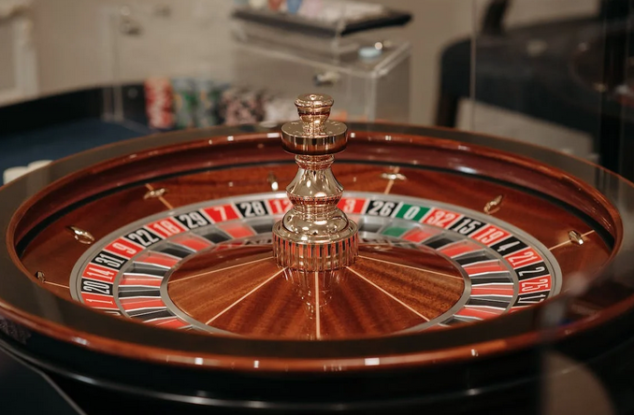Cognitive Biases in Slot and Roulette Players: How They Affect Your Game
Whether you’re a professional gambler or just a casual player playing for fun, there’s no denying the thrill of the casino floor. But did you know that your own mind may be working against you? That’s right, cognitive biases can play a major role in how we approach online slots and roulette tables.
In this blog post, we’ll explore some common cognitive biases that affect players like you and discuss strategies to overcome them. So buckle up, because it’s time to dive deep into the fascinating world of cognitive biases in gambling.
Gambler’s Fallacy
Picture this: you’re sitting at a roulette table, watching the wheel spin round and round. The ball lands on red ten times in a row. What do you do? If your answer is to bet big on black because “it’s due” or “it’s bound to happen,” then congratulations – you’ve fallen victim to the Gambler’s Fallacy. The Gambler’s Fallacy is basically when you believe the previous outcomes can influence future ones, even when each event is independent of one another. It tricks our minds into thinking that there must be some sort of pattern or balance in play when, in reality, it’s all just chance.
So why does this matter? Well, if you base your bets on false assumptions like the Gambler’s Fallacy, your chances of winning diminish significantly. Each spin of every single roulette wheel is an independent event with its own set of odds; what happened before has no bearing on what will happen …

